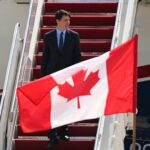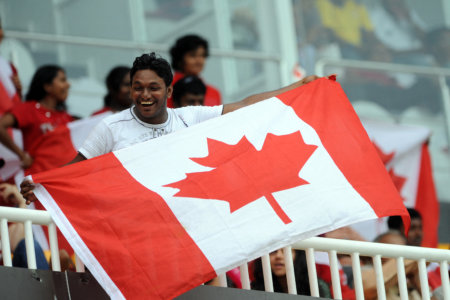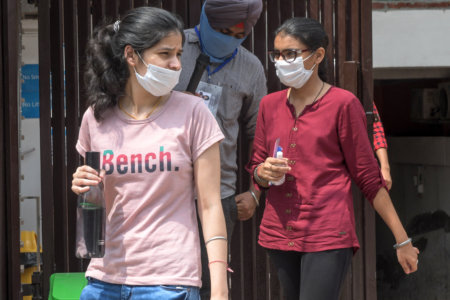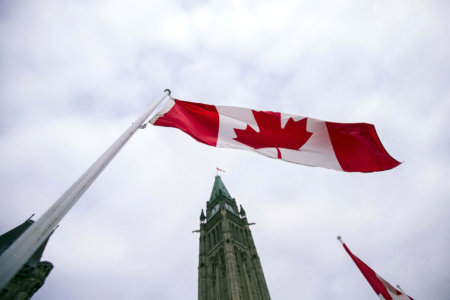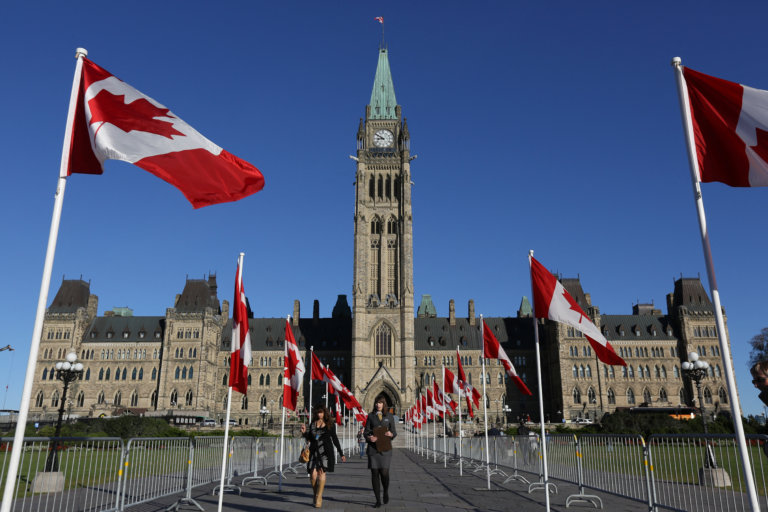
As Canada sets its gears into motion to meet ambitious immigration goals for the next couple of years, new measures have opened up to draw newcomers to meet post-pandemic labour shortages. The latest update in immigration sees the resumption of Express Entry draws starting in July 2022, with major changes planned in invitations.
The proposed changes will give power to the immigration minister to invite candidates based on their occupations. CIC News reports that Aiden Strickland, a spokesperson for the minister, had said that the changes “ will improve Canada’s ability to select applicants that match its economic needs” in an email to the news site.
Aside from existing eligibility requirements, the proposed amendments to Express Entry draws would allow the Immigration, Refugees and Citizenship Canada (IRCC) to target new immigrants based on other criteria, such as language skills or health care qualifications, explained Strickland.
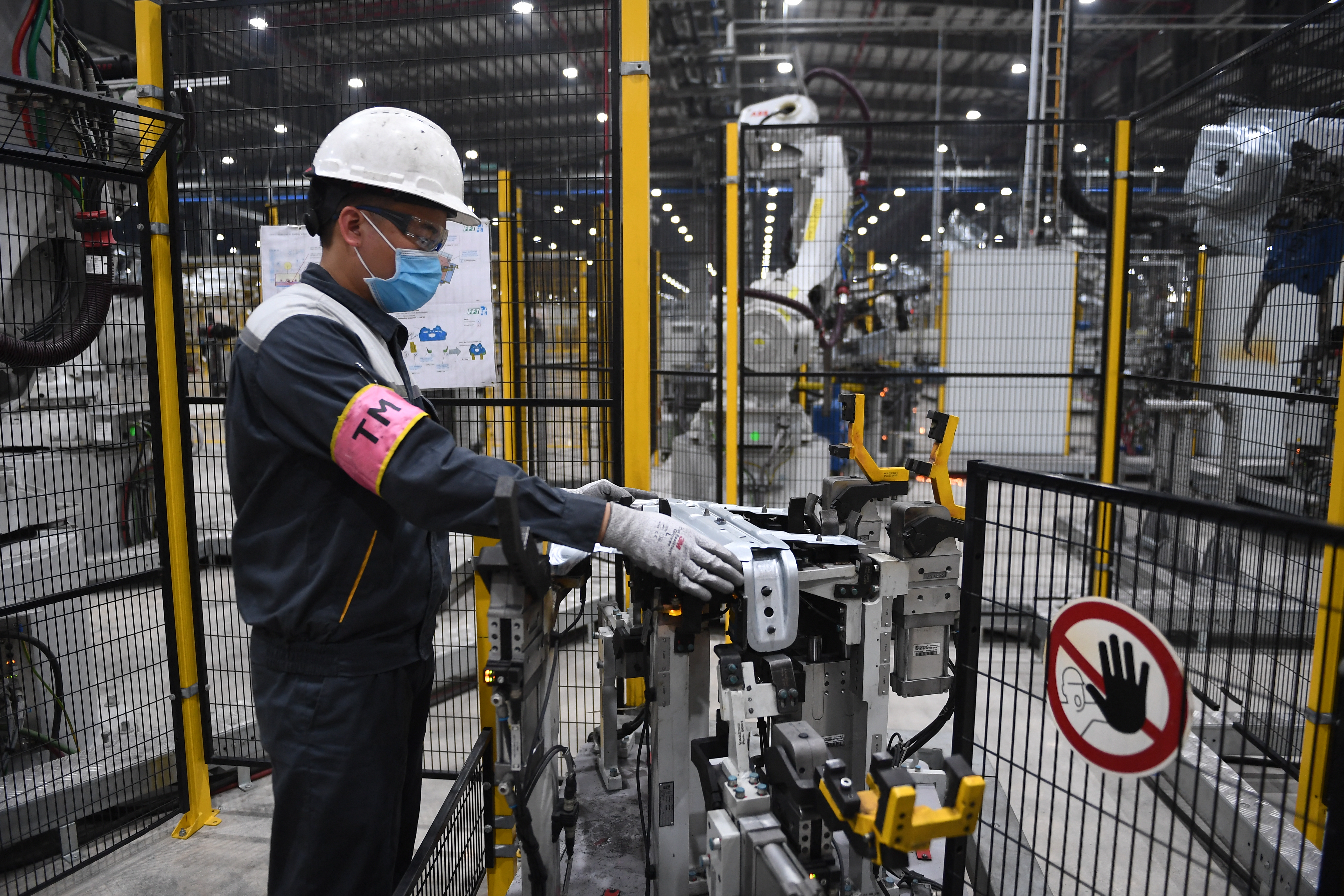
The new changes will enable targeted invitations for applicants in the Express Entry queue with certain skills to meet specific sector demands in the Canadian labour market. Source: Nhac Nguyen/AFP
“Eligibility requirements to be a member of a category would be established by the minister and could be based on factors such as work experience, educational background or language skills,” Philip Somogyvari, the IRCC Director General, was quoted saying to CIC News.
Somogyvari said the changes could foster the growth of underdeveloped sectors in Canada by matching a candidate’s work experience or educational qualifications to specific industries. “Invitations could then be issued to the top-ranked candidates in that category,” he added. The changes are currently still under discussion in the Canadian parliament, which were first presented to the Standing Committee on Immigration and Citizenship on May 19, 2022.
Proposed changes to Express Entry draw slammed for lack of transparency
The Express Entry is an online system that manages applications from skilled workers looking to settle in Canada as permanent residents. It includes three categories, namely: the Canadian Experience Class (CEC), Federal Skilled Worker Programme (FSWP), and the Federal Skilled Trades Programme (FSTP). Presently, candidates must fulfil certain requirements and rack up enough immigration points using the Comprehensive Ranking System (CRS), a points-based system that ranks scores in the application pool.
So far, the planned changes to the Express Entry draw are still in its infancy. One thing is clear — it confers greater power to the immigration minister to decide which groups would be selected in an invitation round based on sector needs. Somogyvari said a decision would only be made after consultation with industry stakeholders, the aims underlined by the Immigration and Refugee Protection Act, in addition to input from Employment and Social Development Canada, as well as from provincial and territorial governments.
Jenny Kwan, an immigration critic from the New Democratic Party (NDP), questioned the lack of clear occupational guidelines on the new selection process. She has urged the government to outline groups that will be impacted by the upcoming changes if they come into effect.

So far, it’s unclear how the proposed amendments to the Express Entry draw will affect the overall selection process for permanent settlement in Canada. Source: Mark Ralston/AFP
“I am troubled by the fact that there is no parliamentary oversight as to what these groups will be,” she was reported to have said in CIC News. “There’s no process as to whether these groups will be fair, or how effective [the government] will be in selecting people who would provide economic contributions to Canada.
“Without a transparent selection process where industries are able to provide formal submissions on which occupations are in need and an objective committee to determine the needs of these occupations, the process could become fodder for lobbying industries.”
The Express Entry route is among the most popular immigration pathways for international graduates from Canadian institutions to settle in the country long-term. Due to a congested backlog of over two million applications in the system, invitations in all categories were temporarily paused since September 2021 to address prolonged lags in processing times, which cut off many post-graduation work permit (PGWP) holders from obtaining a new status to remain in Canada.




